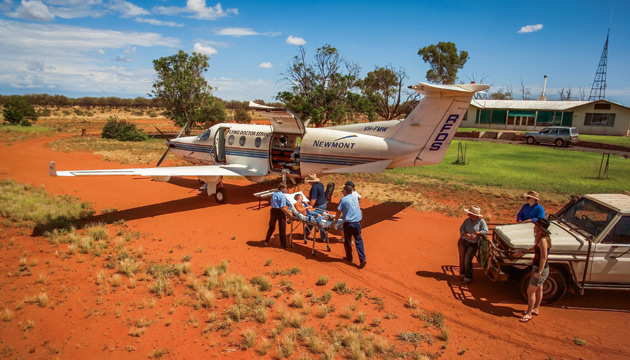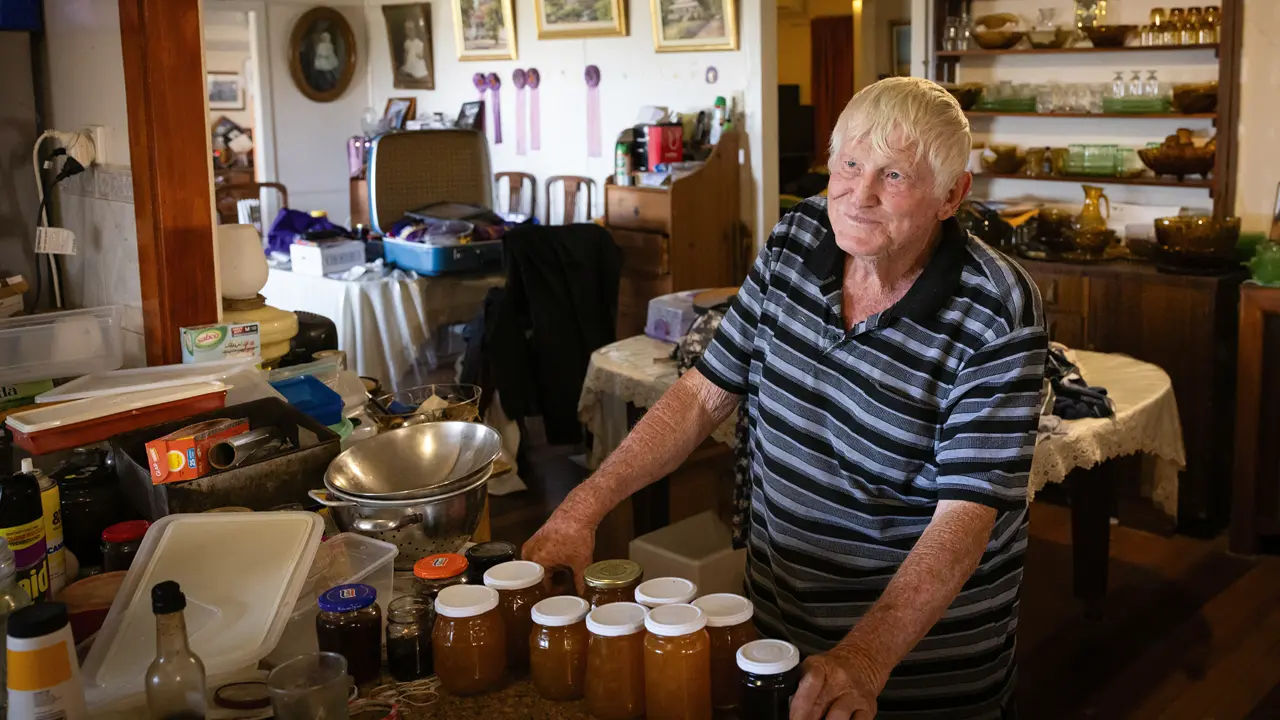Australia is a country made for aviation, but meeting its airborne needs is no easy task.
Story By Richard Bryce
Mustering pilots are sought-after because they have a truly unique skill set. The flying, typically less than 500 feet above the ground, is challenging enough. But a need to know the nature of the beasts below – including sheep, cattle and jackaroos – means a pilot out of the city, however experienced, will typically cause more dramas than they’re worth. “The general rule is, to be good in the air, you need to have grown up on the land,” says Tony Pattrick, of Wilganea, 110 kilometres north of Bourke, NSW. “As a kid I’d go with Dad mustering in the air. Dad would fly and I’d do all the radio work.
“I’ve learnt a lot over the years but don’t worry, often I’ll be doing something and realise that was the silliest bloody thing I could have done. Basically it’s as dangerous as you want to make it. And at the end of the day, I’m not going to stuff up a few hundred thousand dollars’ worth of machinery for one mongrel $500 cow hiding under a tree.”
Joel Stewart, senior instructor at Central West Helicopter School in Orange, NSW, taught Tony to transition to rotary flying. Many of his mainly country clients are station owners who realise that a helicopter – at an entry-level cost of $350,000 – can pay for itself. He says the change from a helicopter being seen as the preserve of the privileged few to an increasingly necessary, on-farm business expense – like a tractor – began about five years ago. “I had a student do the sums for his operations,” Joel says. “When he factored in wear and tear on the Toyotas, on the motorbikes and getting in backpackers, a helicopter was a lower cost in the long run.” For others, the payback is not necessarily in derived income, but time saved checking fences, stock and dams on properties that take many hours to traverse by four-wheel drive.
A plumber by trade, Joel says many people had the same misconceptions he first had about flying. “People think you need to be a rocket scientist to be a pilot and that’s incorrect,” he says. “The other is that it is extremely expensive. At $30-grand for a private licence, or $55-grand for a commercial, it’s not cheap. But it’s pretty comparable, say, to a uni degree.”
Joel says there is also the bonus of “the magic carpet ride”. “Partly it’s a tool for the property,” he says. “But the scenery, it’s unbelievable. I’ve seen the back country of Bourke flooded, Wilpena Pound, Cape York, those remote barra-infested fishing spots and I did a lot of hours flying around the Twelve Apostles – places I would never have been to or seen had it not been for my career change.”
This Story is from Issue #102
Outback Magazine: Aug/Sept 2015










